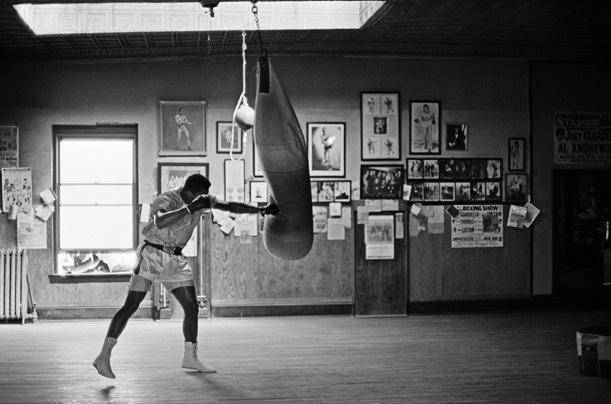How to Be Successful: 6 New Shortcuts Backed by Research | TIME
Eric Barker stashed this in Diabolical Plans For World Domination
Stashed in: #success, @bakadesuyo, Success, Success
3) Watching Others Fail Helps You Succeed
Not making others fail, mind you. But seeing others screw up helps you learn.
It’s a shortcut to getting around a little known cognitive bias Shane discovered in his research.
When surgeons tried to learn a new procedure, which ones improved the most? The ones who saw others make mistakes.
Here’s Shane:
Surgeons who did successful surgeries tended to continue to improve, but surgeons that sucked at the surgery got even worse. And if you saw your buddy succeed at a surgery, it didn’t help you at all. But, paradoxically, if you saw your buddy fail at a surgery, you actually got better.
Huh? So unless you’re good from day one the only way to get better was to watch other people fail? Why?
Because your brain is trying to stop you from feeling bad about yourself. So it lies to you.
When you screw up, you make excuses. “Not my fault. Sun was in my eyes.” When you see someone else do well, you say, “Well, of course, I’d do it just like that.”
But when you see someone else bomb you say “Whoa, better not do that.” Here’s Shane:
If you are a heart surgeon and your patient dies on the operating table, you’re gonna say, “Oh, the patient was in bad shape. Oh, there wasn’t enough time. Oh, it was hard to see. The incision wasn’t very clean…” You blame your failures on things that are outside your control. But by watching a surgery you are less personally invested in you are able to be objective. “Oh, they did that wrong. Note to self. I shouldn’t do that.”
It’s one of the fundamental differences between the beginner and the expert mindset. Beginners need encouragement so they don’t quit.
But experts love negative feedback. That’s the secret to how you keep improving. Here’s Shane:
Experts have gotten to a place where they don’t take it personally and they can take the negative feedback as feedback on the activity rather than on them as a person. And that’s what you should do.
Turn failure into feedback and then turn feedback into actionable steps.
(For more on how to have an expert mindset, click here.)











10:34 AM Dec 03 2014